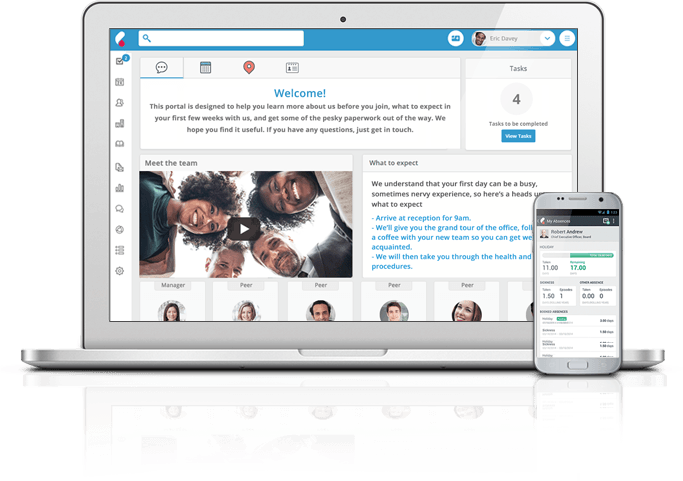What are the Benefits of System Integration?
Using multiple systems to update and maintain HR software data can mean businesses run the risk of wasting time and dealing with errors further down the line. Integrated systems offer many benefits to organizations, not least in the ability to accomplish day to day tasks much more efficiently. If you’re considering integrated systems for your business, here are some benefits you may not have known about.
Easy Organizational Changes
Responsiveness is a key factor in any successful business strategy but it’s often easier said than done. Businesses need to be able to adapt to what’s going on around them and make changes accordingly, whether that’s adding new services to compete with others in the industry or making amendments to better match customer expectations. Integrated systems make it much easier for these changes to be made, without having to update multiple tools and systems. It ensures that the company can remain competitive while also future-proofing data and files.
Greater Data Accuracy
Nothing will reduce your data accuracy faster than duplicated data. One way that this will occur is through having your data on multiple platforms. It makes it much harder to make strategic decisions, as you can’t rely on the data you have, plus there’s a greater risk of human error which can have a huge negative impact on the business and finances. Having all of your data on one integrated system makes it easier to reconcile information, reduces the need for duplicated data and also will minimize the risk of human error or confusion.
Higher Levels of Productivity
In the same way that many individuals use apps on their phones or computers to make their lives easier to manage, businesses can also make better use of connectivity to streamline their processes. This leads to improved productivity and also makes it easier to carry out tasks such as sharing information with other areas of the business, working remotely and minimizing downtime between updates. It also means that reports will make use of real-time data, so no employees have to worry that the data they’re basing their decisions off of is outdated.
Better Communication and Collaboration
In making it easier for information to be updated, shared and utilized, integrated systems naturally improve collaboration between departments within the business. Having this information seamlessly shared encourages communication and means that discussions between colleagues and teams can be more open and transparent. From team members who don’t work in the same location to accessing files while travelling, having a secure and accessible hub of data and documents is instrumental to businesses.
Visible Data
The quicker businesses can react to changes in data, the better. Being able to quickly see data in real-time and understand in an instant what can be improved or changed makes running an efficient and successful business much easier. Plus, it makes resolving problems faster as you can quickly see current data that will highlight to you and other decision-makers which issues are currently occurring, so you can find solutions more effectively to combat them.




